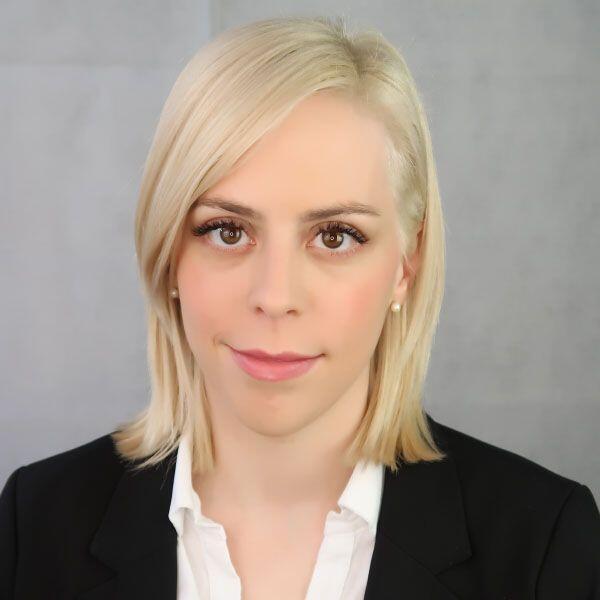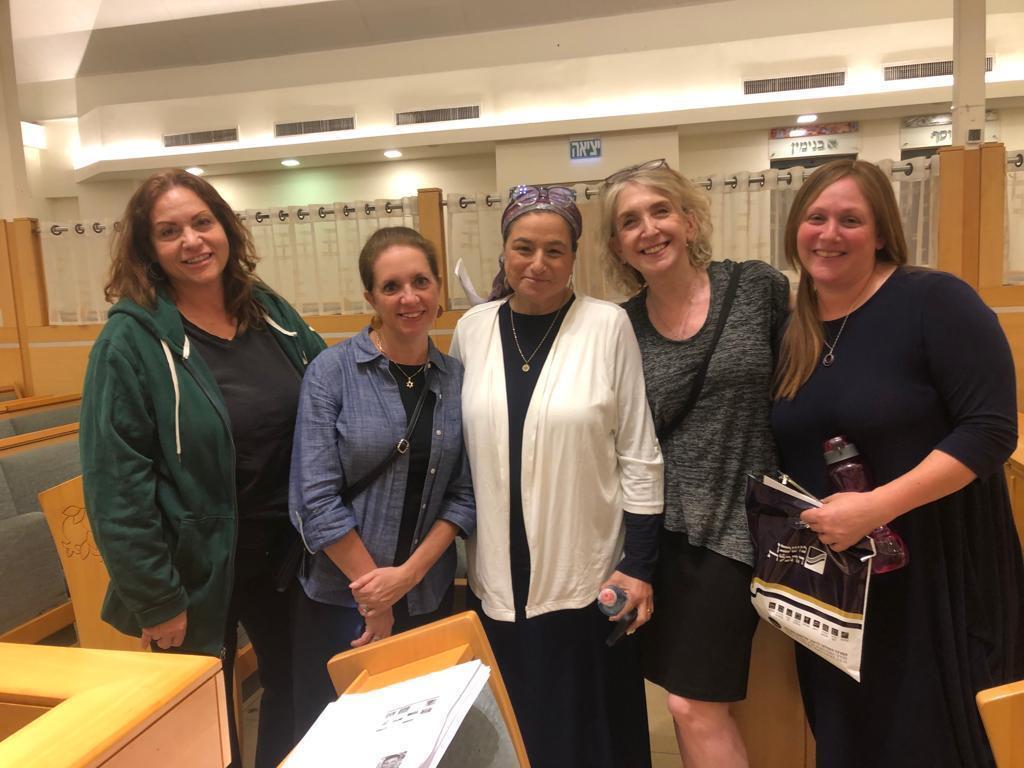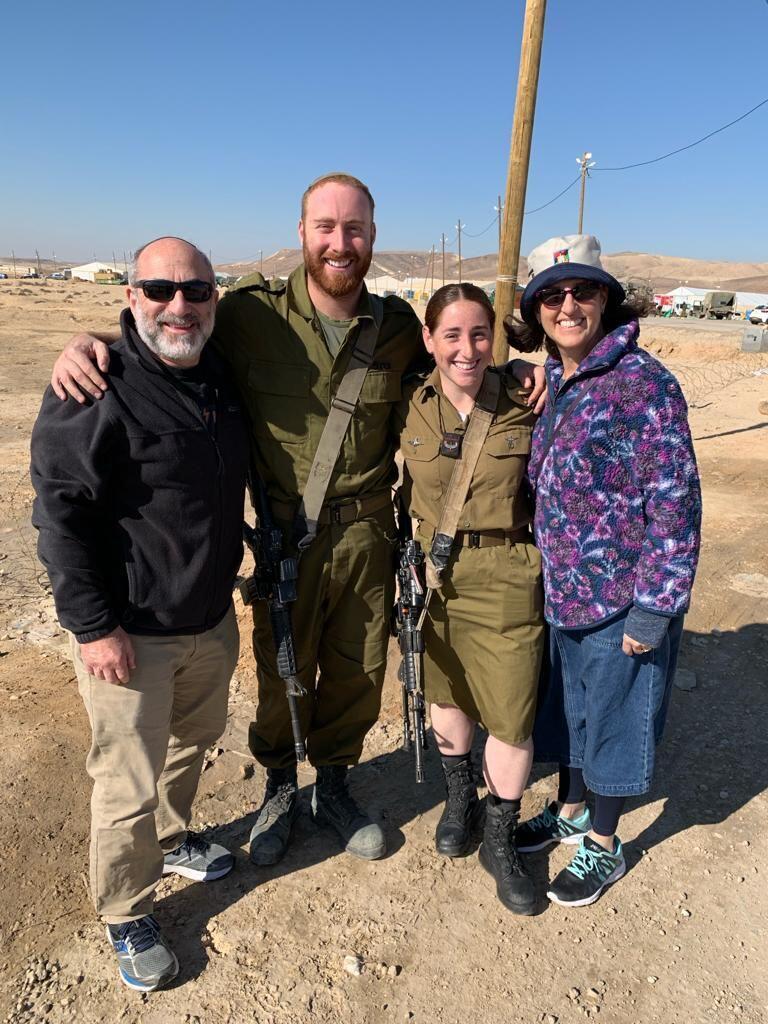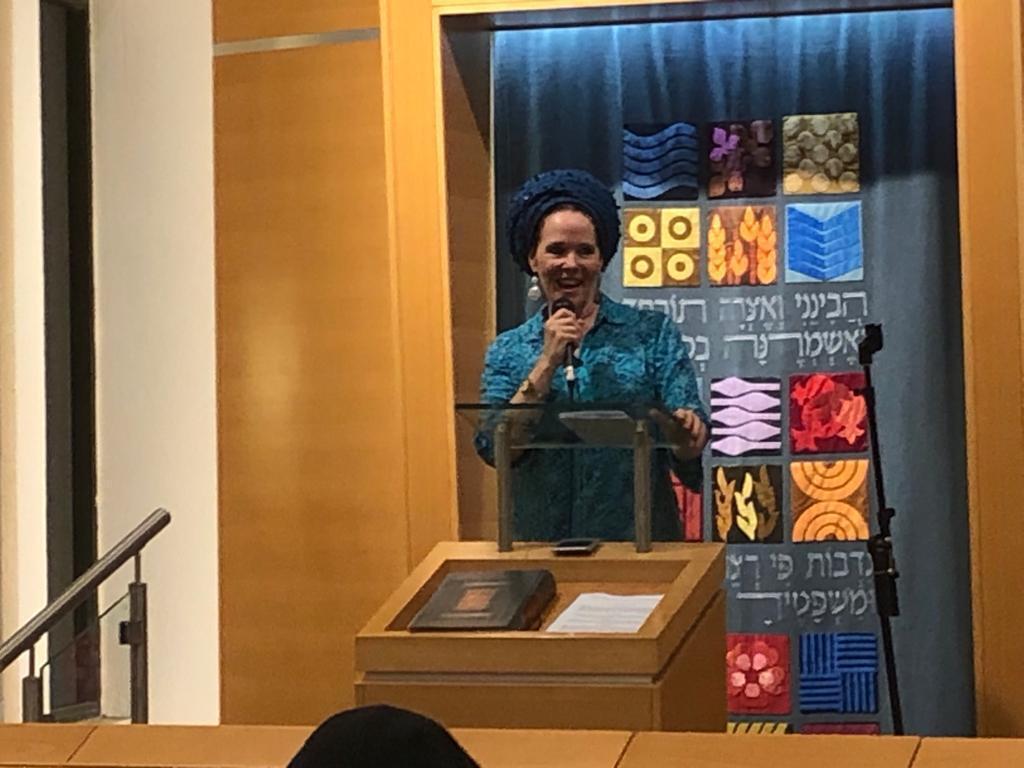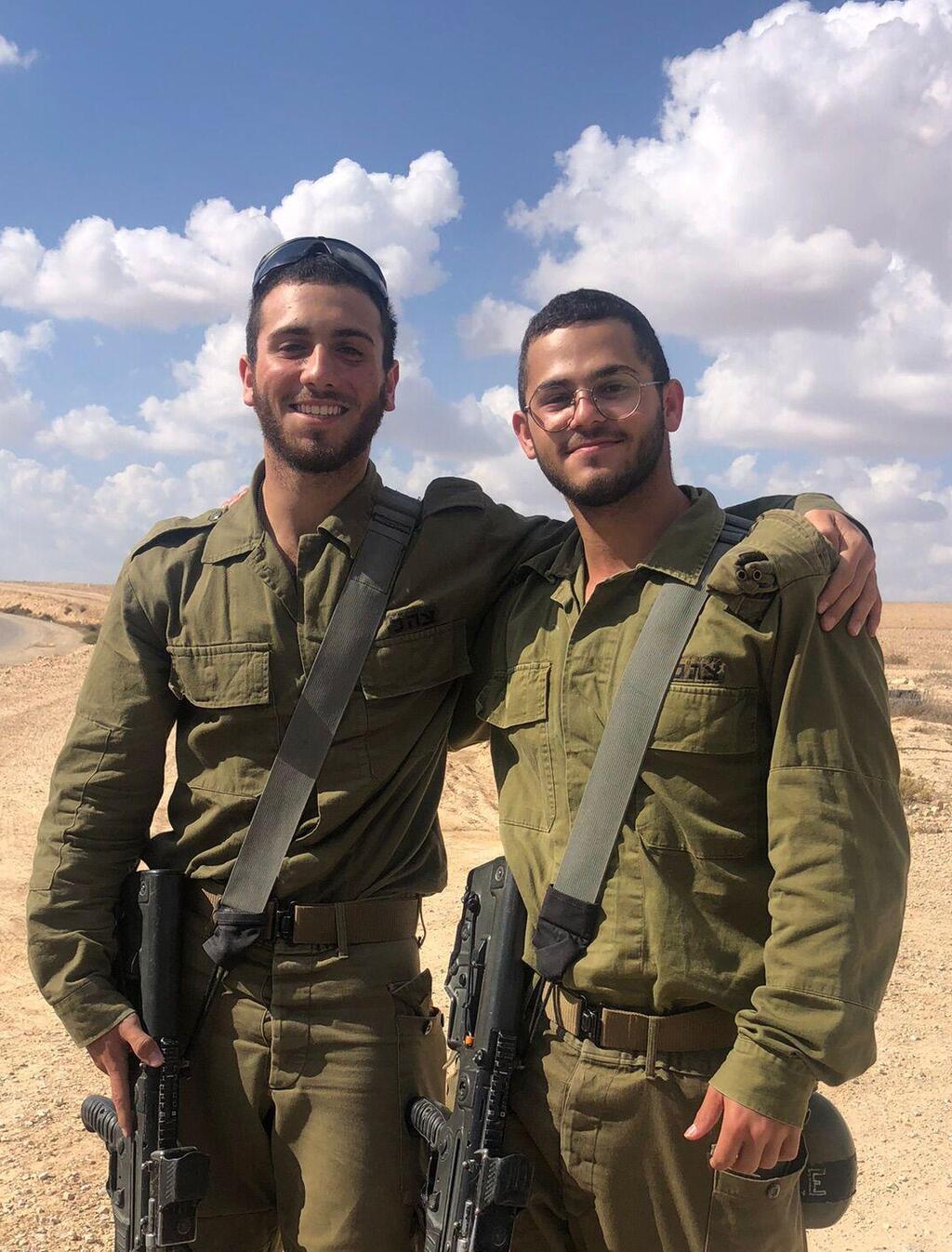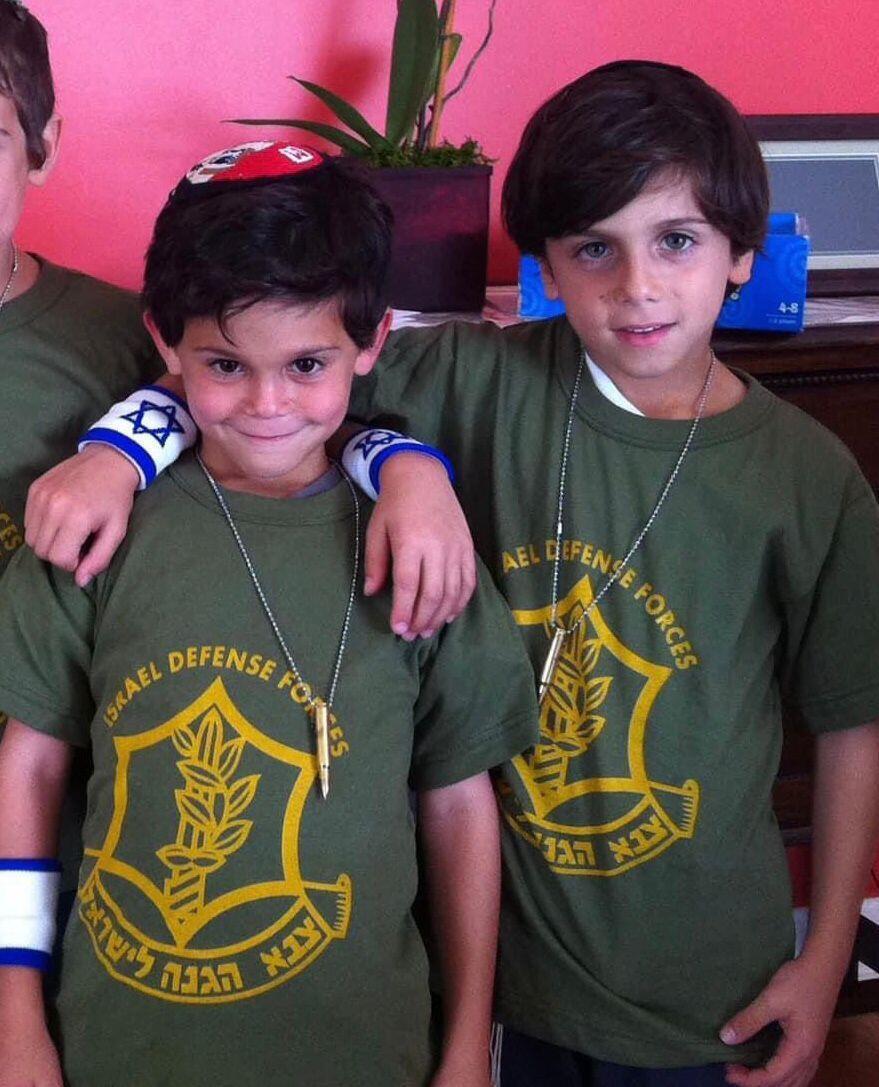Making Aliyah, a permanent immigration to Israel, is no small task for any individual – but relocating an entire family and sending your own children into the IDF, even in a time of war, is a whole new category.
More stories:
While there are a number of organizations that assist the families of soldiers during these challenging times, OU Israel has held multiple events to support and empower Anglo mothers of IDF soldiers who are fighting on the frontlines.
Over the course of these events, participating mothers heard from women of tremendous strength, experts in the field of mental health and resilience, and prominent Israeli women who have gone through personal challenges yet share messages of strength and hope with the mothers.
Among the speakers featured in these sessions are Rebbetzin Zemira Ozarowski, the OU’s Israel Director of Women's Programming, Paula Stern, and Rabbanit Rachelle Sprecher Frenkel whose son Naftali Frenkel was one of the 3 boys kidnapped and murdered by Hamas in 2014.
At the most recent event, Rabbanit Zemira Ozarowski stated, “Your sons and daughters are great heroes, who go to war with the belief in the right of the people of Israel to this land. But this ability to serve the nation like this can only come from the brave and wonderful mothers like you who raised your children on the belief in Zionism, nationalism, and heritage.”
She continued, “As mothers, you made the decision to leave your whole lives behind and immigrate to Israel in the middle of your life. You instilled in your children a love for the Land of Israel and the people of Israel, and thanks to you they are ready to sacrifice their lives to protect the homeland of the Jewish people. You should be proud of yourselves for the children you raised.”
Alisa Rimon, mother of two IDF combat soldiers
Alisa Rimon, a new immigrant who made Aliyah on October 19 from Los Angeles, California after the war had already started, has two children in the army who initially came to Israel as lone soldiers.
Rimon’s daughter is currently serving in the army as a combat soldier in her commander’s course, and her son is currently serving in Gaza in the Combat Engineering Corps. On making Aliyah during the war, Rimon noted that she was offered to delay her immigration, but, “as soon as the war broke out, we actually felt like we couldn't get her fast enough,” she said.
Her first weeks in Israel were a whirlwind and a stark contrast to the political divisions she had witnessed prior to her Aliyah date during visits to Israel albeit for incredibly painful reasons. Rimon noted, “Unfortunately, for tragic reasons… this is the best time to be here because you feel ‘Am Yisrael’, Lev Echad (one heart), you cannot help but feel that. Immediately, we were thrown into [the war], whether it was baking, volunteering. I can tell you this just this past week, we've been to four shivas, three funerals, which sounds sad, but to go to a funeral and then the shiva for this young man who was a lone soldier from Russia and to meet his parents and to be able to comfort them and make that connection…is so meaningful. We really feel that we are connected…We're family.”
Rimon also participated in the OU’s event in Modiin, and told Ynet, “For me, it was an opportunity to connect to other people in my community and meet people and establish a connection…I felt like this program for me was very supportive because number one, I connect to other women. Actually, a couple of the women whom I met there I've been and stayed in touch with, I can say now are my new friends. Then there was some very practical advice that was given. One of the things that stuck out was how to speak to my children so that they feel supported and I'm not putting my worries as a mother on them…as a family, we're the foundation for our child in a warm, loving way and not adding on stress.”
But it’s no easy task, she admits. “Of course, we were concerned for our children, for the people who they were with, with so many of our friends who had children being called up…it's now been a couple of months. Now, there's unfortunately, tragically, more deaths. People who, my son in particular, were his friends, they have fallen. I'm sorry. That really hits me and hurts me that my son, who's 23 years old, is having to deal with that.”
But Rimon also noted that ultimately, as a parent, she has to trust the IDF and support her children staying focused as well – a seemingly impossible task for a mother at times. Yet Rimon demonstrates a tenacity and quiet strength that might surprise even other mothers.
“I might be unique from other people, but I believe that what they're doing, that they need to do their job, and I want to support them doing their job. Obviously, when I saw my son, I brought him snacks or whatever, clean clothes, and I understand that they need that, but I want them to stay focused because while they're there, they're not thinking about me. They're thinking about their task and their job and focused and strong. That's what I tell my kids: stay strong, stay focused. You're doing holy work,” said Rimon.
When asked for her advice for other mothers, Rimon said, “We have to trust the army. We don't know better than them…and to be supportive of your children. Don't lay your fears or anything else on them. Just give them warmth and love and encouragement. And if you can come and be here just to be here…you will feel like you're doing something, that you're part of it, you're supporting.”
Jamie Esshaghian, mother of 2 IDF combat soldiers
Jamie Esshaghian, a mother of twins who enlisted in the IDF shortly before October 7, made Aliyah from Los Angeles 8 years ago. For Esshaghian, her children serving in the IDF is a source of pride and defending the state of Israel is an immense honor.
“I told my kids, God willing, we'll be in Israel by the time you're at that age [18] and you can bring your friends home, they'll be lone soldiers who need a place for Shabbat, and we'll be living there. That's what we always told the kids. That nothing would make us prouder if you were a soldier protecting Israel. Fast forward, it's our turn,” she said.
But Esshaghian, as a new immigrant, is now having to face the challenging part. She stated, “You always want to think that, okay, by the time my seven-year-old is army age, there’ll be peace because they won't want to kill us anymore. But I don't have to tell you what the news looks like today. When we got their tzav rishon (draft letter) in the mail, I burst out crying because I'm like, This is really happening.”
While she admits it’s “no walk in the park” she was adamant that she is not “scared” in the typical sense. “People say, Are you worried? Your kids are going to go in. It's just a waste of my time and energy. There's many more things I could be doing that are more productive. When I start to feel powerless, which is more of what I feel, not fear, because I live a very G-d-centered life. I'll pick up my Tehillim (Psalms) every time I hear the sirens where my mom lives…What helps is to focus on what is in my control.”
As for her children, “They were super excited and, of course, twins and very competitive. They both wanted to go into combat. I've got two very, very brave, Nahal soldiers. I think I've just surrendered…I don't know whether they're coming back from one week to the next, if they're coming on Thursday or Friday. I never know.”
While many of the new immigrant mothers are beaming with pride at their children serving in the IDF, they also face unique challenges and occasionally, feelings of helplessness in not knowing how to approach new challenges related to the army. For example, how do you speak to your children about what they saw or experienced in a war?
“I know that when my kids first drafted, I had no clue what advice to give them whatsoever. There's all these words that they throw at you, and I have no idea what Givati or Golani means. They're throwing these words and you're just like, I can't give them any advice because I don't know. The best thing was that they had a support system. My kids had a support system, “ said Esshaghian, who added jokingly that she wishes they had “a Mechina [army preparatory course] for adults… I did not feel prepared when they first went in.”
As far as being supported during the war, however, most new immigrant mothers have expressed the greatest support is community. Esshaghian told Ynet that even social media support groups have been helpful, though of course, as the war rages on and casualties increase, “sometimes it can be overwhelming and you read things you don't want to read… like people are going through things and that's just the reality.”
For Esshaghian, who lives in Maale Adumim, the entire community has felt the loss since the beginning of the operation, something that of course only adds stress to an already challenging situation. “In my neighborhood, we've lost three soldiers. Every time that happens, we go out in solidarity with flags and you just stand there as an escort when the family comes out and it's intense. You're just thinking, Who's going to be the next one? We're all looking at each other and we all have kids there…We all are affected by this.”
Esshaghian’s best advice for other mothers, whether new immigrants or Israeli-born, is “Trust the IDF and look within for support…Our boys are a lot stronger than we think they are, and what we're going through is much scarier than what they're going through because they know what they're doing. They're being trained, they're being told what to do, and they know what they're doing. We have so many unknowns, and sometimes that's scarier.”



